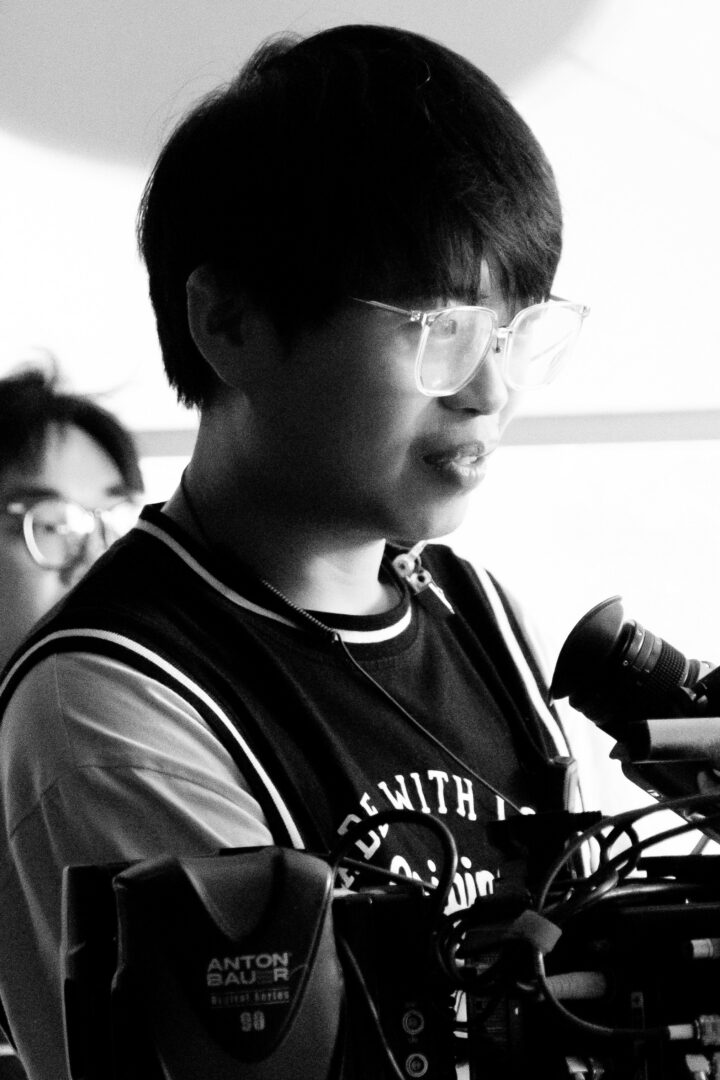We recently connected with Bei “mark” Chen and have shared our conversation below.
Bei “Mark”, we’re thrilled to have you on our platform and we think there is so much folks can learn from you and your story. Something that matters deeply to us is living a life and leading a career filled with purpose and so let’s start by chatting about how you found your purpose.
Finding my purpose wasn’t something that happened overnight; it took time to figure out what truly resonated with me. Back in high school in China, most of my time was spent studying to improve my grades. Higher grades meant better school options and a wider selection of majors, so that was my main focus. Conversations around what I genuinely wanted to do, or what career I wanted to pursue, weren’t as common back then, especially leading up to the “Gaokao,” China’s College Entrance Exam. For people in my generation, choosing a path was more about practicality—choosing something secure or stable—rather than following a passion. We’d get a big reference book listing every major, with descriptions, career paths, and a lot of advice that felt more informative than inspiring. And with the demands of Gaokao prep, there wasn’t much time to really explore what we loved. By the time we were applying to schools, many of us felt lost, without a clear direction.
That was where I started, but in high school, something changed. I received my first camera as a reward for good grades and began photographing for classmates and friends in some school events. Photography became a hobby, but it still seemed unrealistic as a career. For most photographers in China, it was not easy to make ends meet, and I had that pragmatic side telling me I needed to focus on something financially stable.
When I went to university, though, I had a chance to break free from a predetermined major, thanks to attending a Sino-US university because we’ll only declare our major after the sophomore year. I thought I’d end up studying environmental science or data science—paths that seemed more secure. But we had to take a range of arts and humanities classes, and through them, I started discovering the impact of media, the expressive power of film. The arts felt like a new world opening up to me, and I could see that filmmaking was more of a possibility in the U.S. than I’d ever considered before.
Filmmaking still wasn’t my immediate focus until I worked with a younger classmate who was really into it. We collaborated on a project, storyboarding, choosing shots, and planning sound—all of it. After that, I couldn’t watch films the same way. I was analyzing every aspect, feeling the potential of film to convey powerful emotions and values. That’s when I knew I wanted to pursue filmmaking as a career. Even if it meant freelancing or a mix of part-time and full-time work, I was ready to dive in and make it happen.
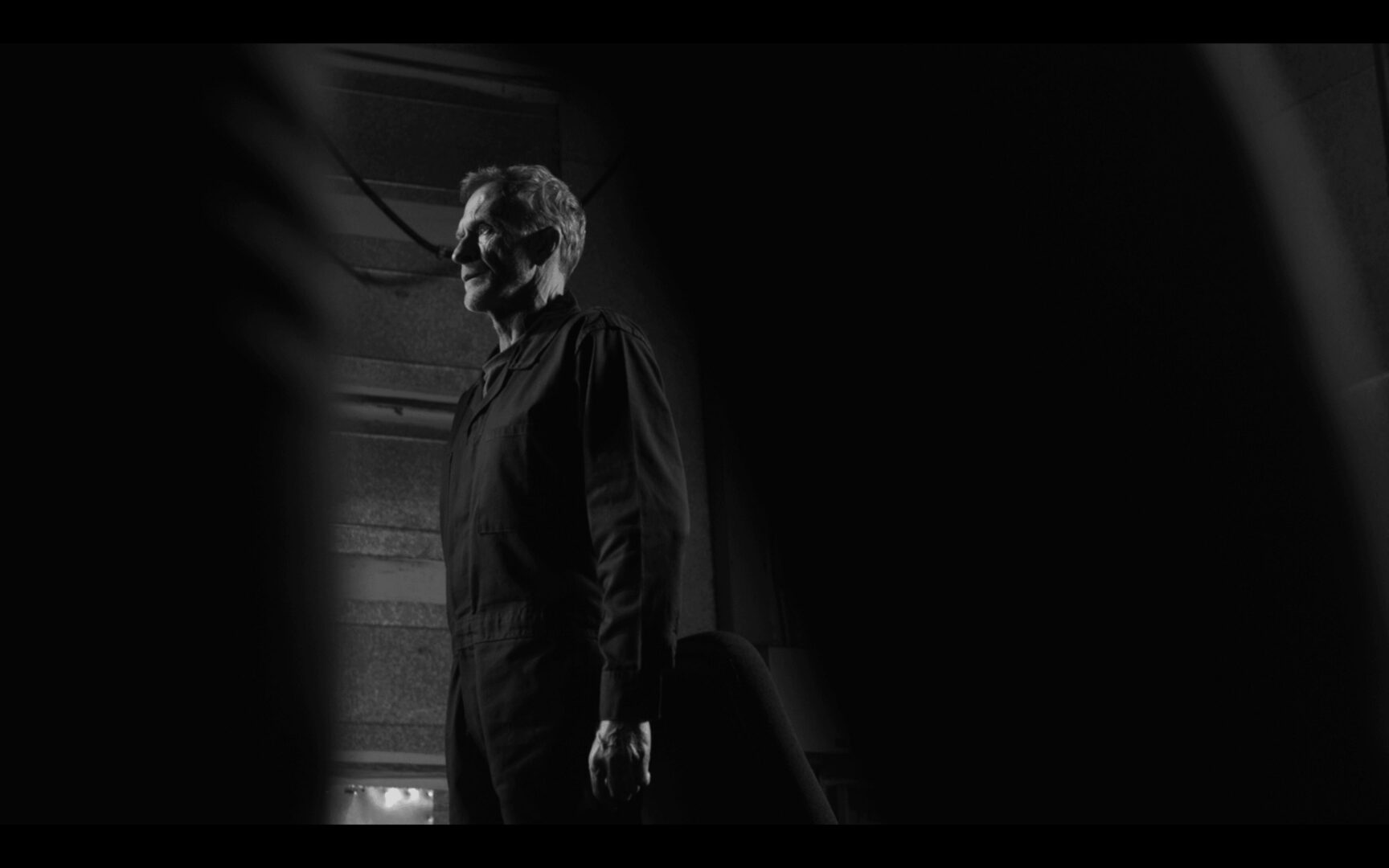
Let’s take a small detour – maybe you can share a bit about yourself before we dive back into some of the other questions we had for you?
I’m a LA based cinematographer. Cinematography to me is a messenger that express the story to the audience and connect them with it visually. My artistic vision as a cinematographer centers on telling the stories of marginalized groups often overlooked by mainstream society through cinematography tools. Growing up in a community where I witnessed the struggles and triumphs of individuals whose narratives are rarely explored, I aim to shed light on their powerful, poignant experiences. Through my work, I strive to convey the depth of human emotion and connection, illustrating how these often-neglected voices contribute richly to the fabric of our collective story.
In crafting my scenes, I draw inspiration from master cinematographers Roger Deakins, Claudio Miranda, and Greig Fraser. Deakins and Miranda have shown me the beauty of simplicity in lighting, enabling me to achieve a naturalistic look that feels authentic to the characters and their environments. Meanwhile, Greig Fraser’s embrace of cutting-edge technology inspires me to integrate innovative techniques into my work. I utilize tools like Unreal Engine within virtual production workflows to pre-visualize my creative intent, ensuring that the technical aspects of filmmaking serve to enhance storytelling rather than detract from it.
Ultimately, my goal is to create films that resonate emotionally with audiences. I hope to connect viewers through the lens with a broader range of human experiences. I believe that when we embrace the overlooked narratives, we not only enrich our understanding of the world but also inspire empathy and compassion.
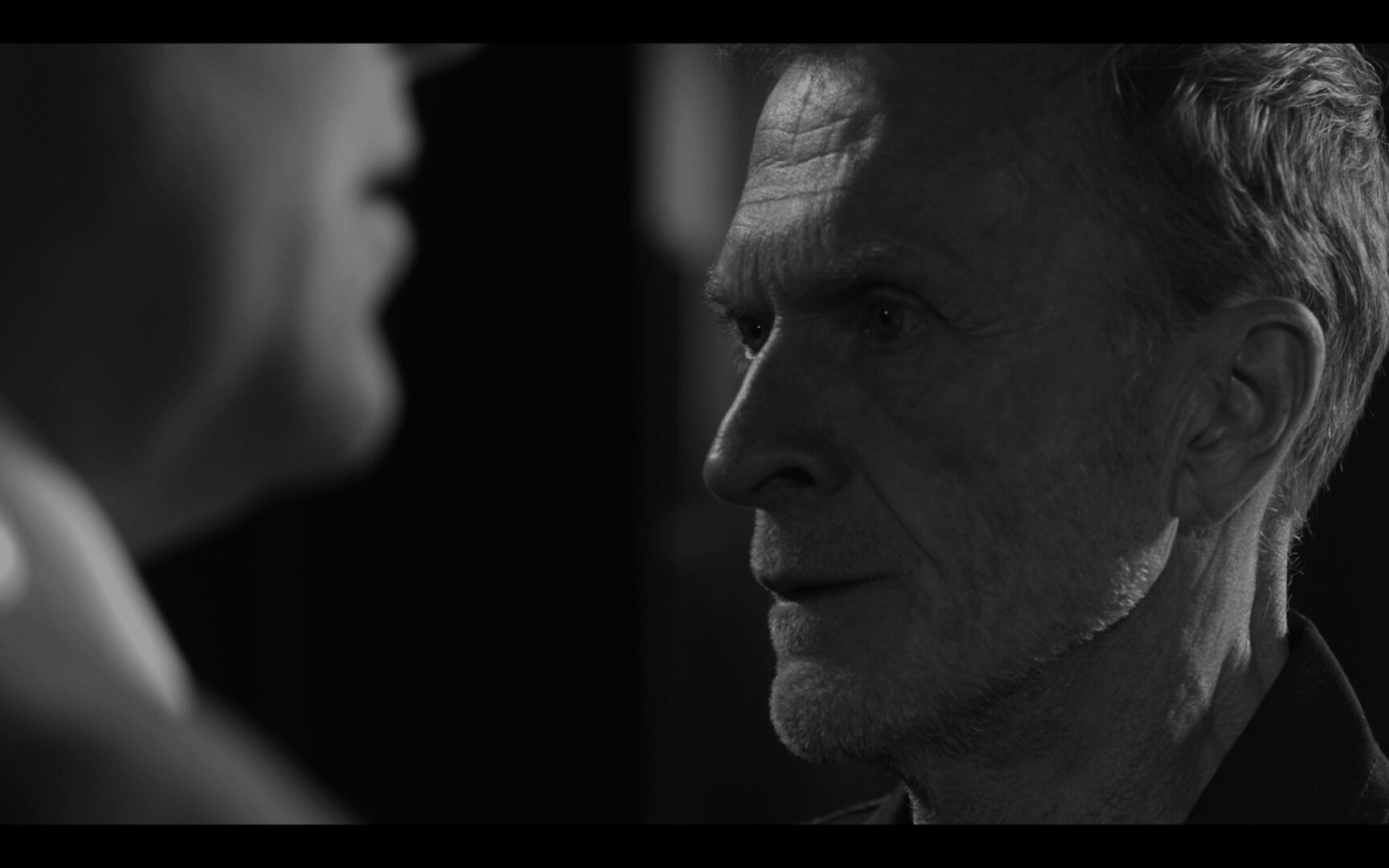
Looking back, what do you think were the three qualities, skills, or areas of knowledge that were most impactful in your journey? What advice do you have for folks who are early in their journey in terms of how they can best develop or improve on these?
Looking back, I think the most important quality for surviving in this industry is commitment. In freelancing, reputation is everything, and commitment builds that. When you’re fully dedicated to each project and show respect to your collaborators, it not only helps you deliver your best work but also strengthens relationships. People remember those who are dependable and respectful, and in this field, word of mouth and connections can lead to more opportunities down the line.
Another essential quality is keeping your ego in check. As a filmmaker, and especially as a cinematographer, your role is to support the director’s vision, not to overpower it with your own. Being open to feedback and working collaboratively are key to creating something great. An inflated ego can make it hard to take constructive criticism, and it can be detrimental to teamwork, which is so crucial in film production.
Finally, the ability to manage both people and situations is critical, especially as you progress in your career. Filmmaking isn’t just about the art—it’s also about handling the “politics” of the industry. You need to know how to work with directors, producers, and clients, adapt to budget constraints, and make sure that everything keeps moving smoothly on set. Sometimes, these management skills are even more valuable than just getting a beautiful shot.
For those starting out, I’d recommend developing these skills and qualities from your very first set. Building a solid foundation in commitment, collaboration, and management early on will serve you well throughout your career. You can always improve over time, but keeping these in mind from the beginning will give you a head start.
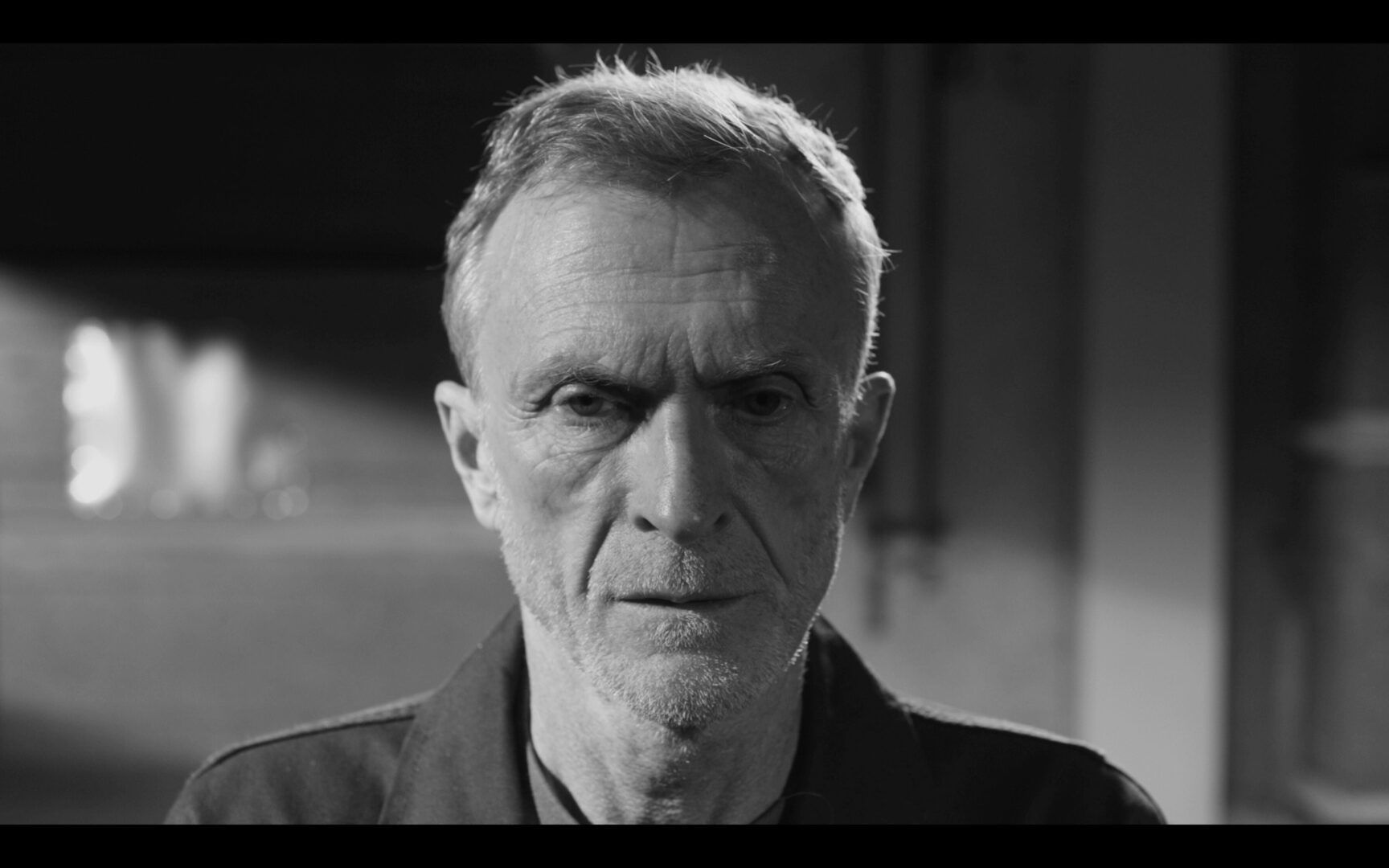
What has been your biggest area of growth or improvement in the past 12 months?
Over the past 12 months, my biggest area of growth has been in virtual production, specifically using Unreal Engine for pre-visualization. I’ve been collaborating with a talented director and 3D/VFX artist friend on his short film since early this year, and this project is my first time incorporating Unreal Engine into our workflow. It’s been incredible to see how much this virtual production process enhances the actual production. When we compare the pre-vis with the dailies, the similarity is striking, allowing us to explore all creative options ahead of time so we can focus fully on execution on set.
Learning Unreal Engine and diving into virtual production has been a completely new experience for me, but it’s opened my eyes to the immense potential of this technology. It’s no wonder so many major films are using it for everything from pre-vis to ICVFX. We’re currently in the principal photography phase, and next, we’ll be using Unreal for some of the film’s CG shots as well. It’s exciting to see how these skills are taking my work to a new level.
Contact Info:
- Website: https://markbeichen.net
- Instagram: @markchenbei
- Linkedin: https://www.linkedin.com/in/markchenbei
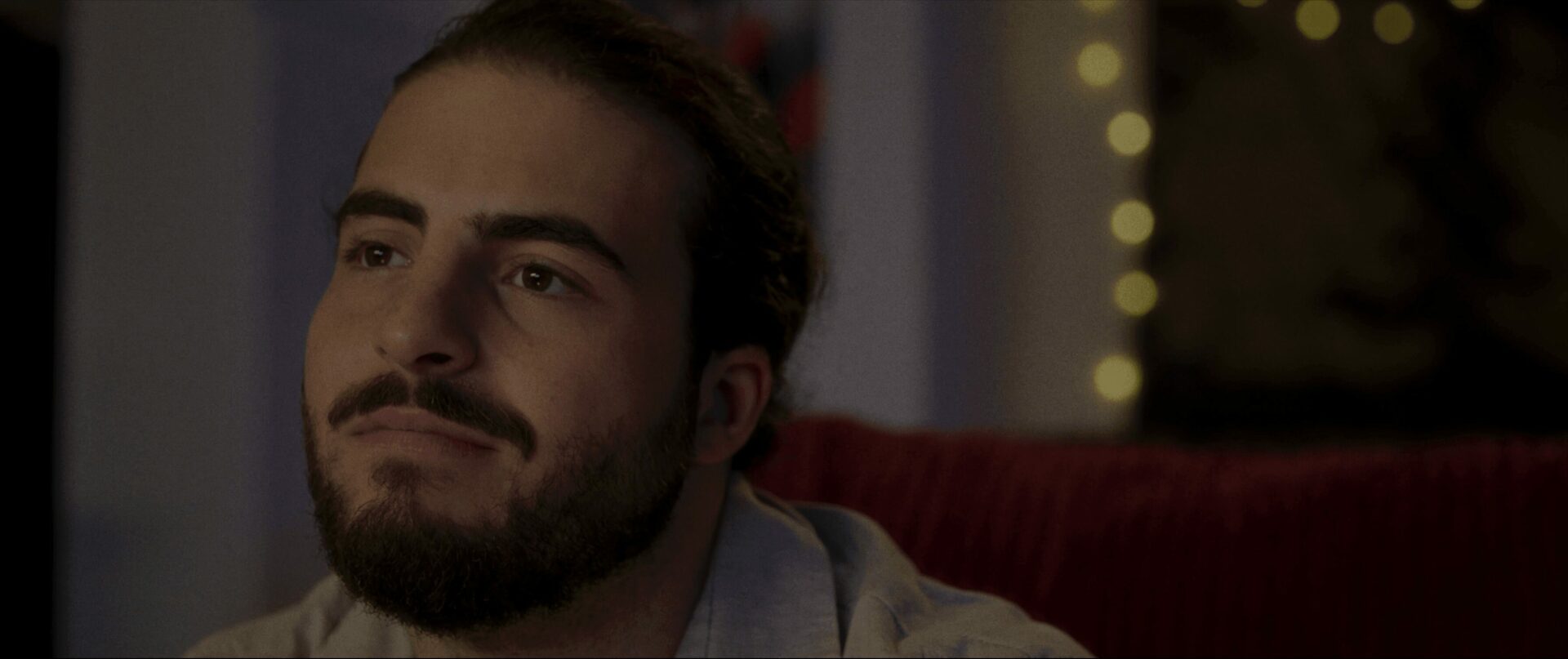
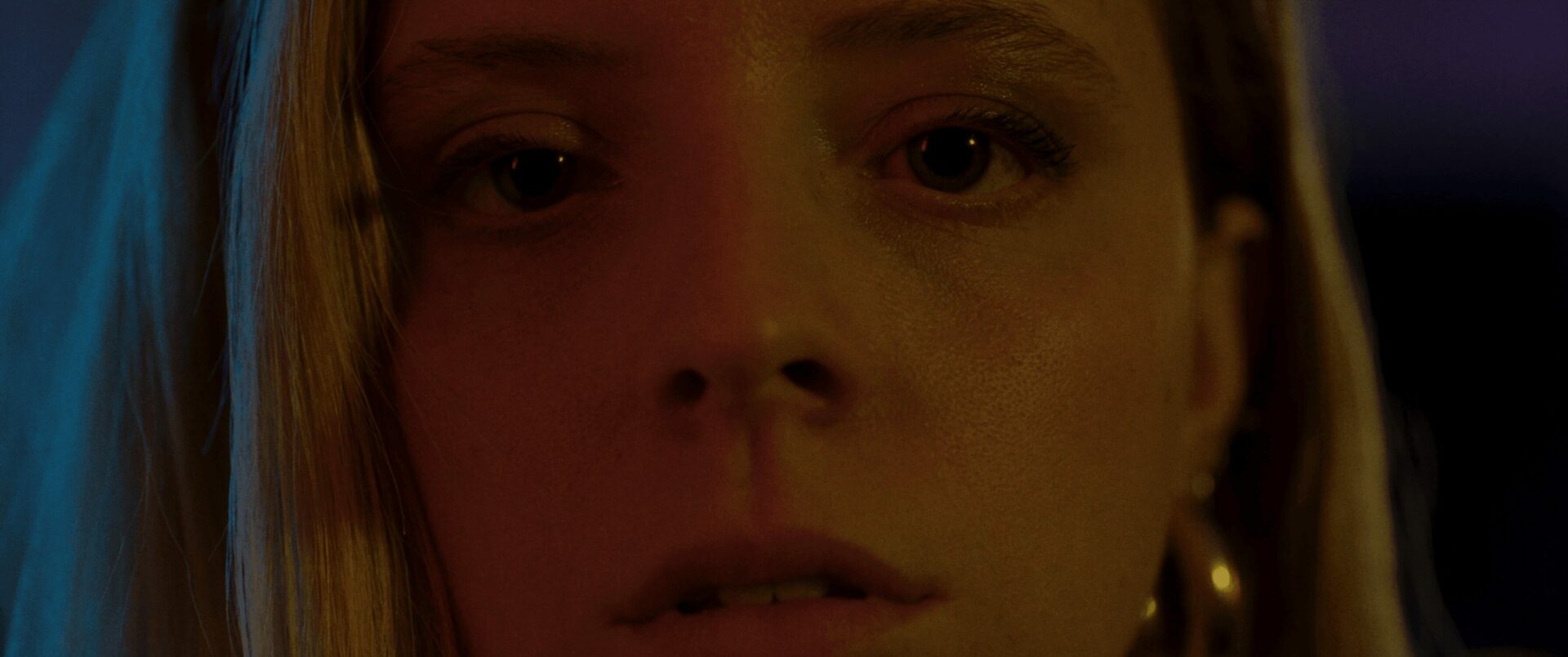
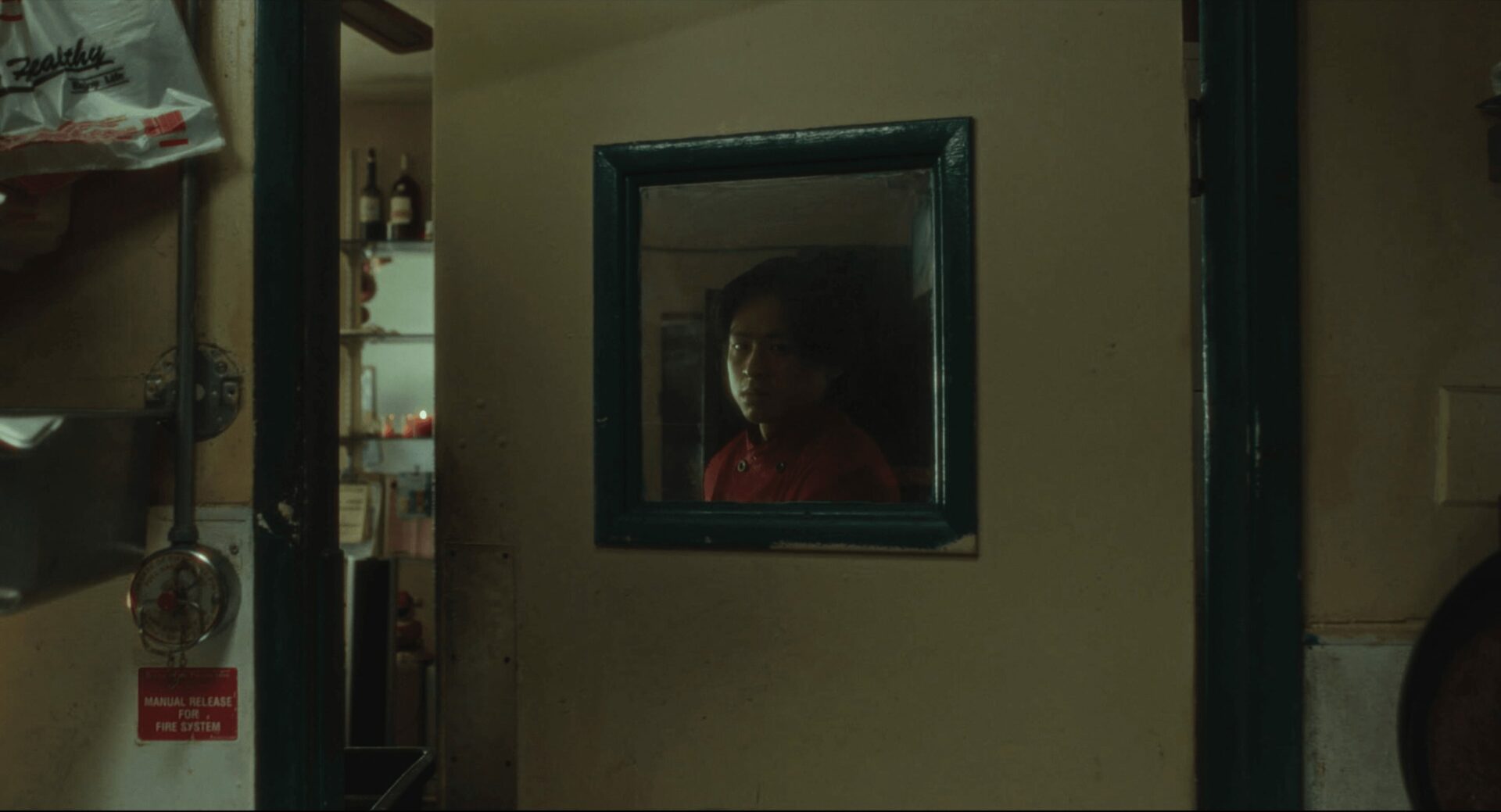
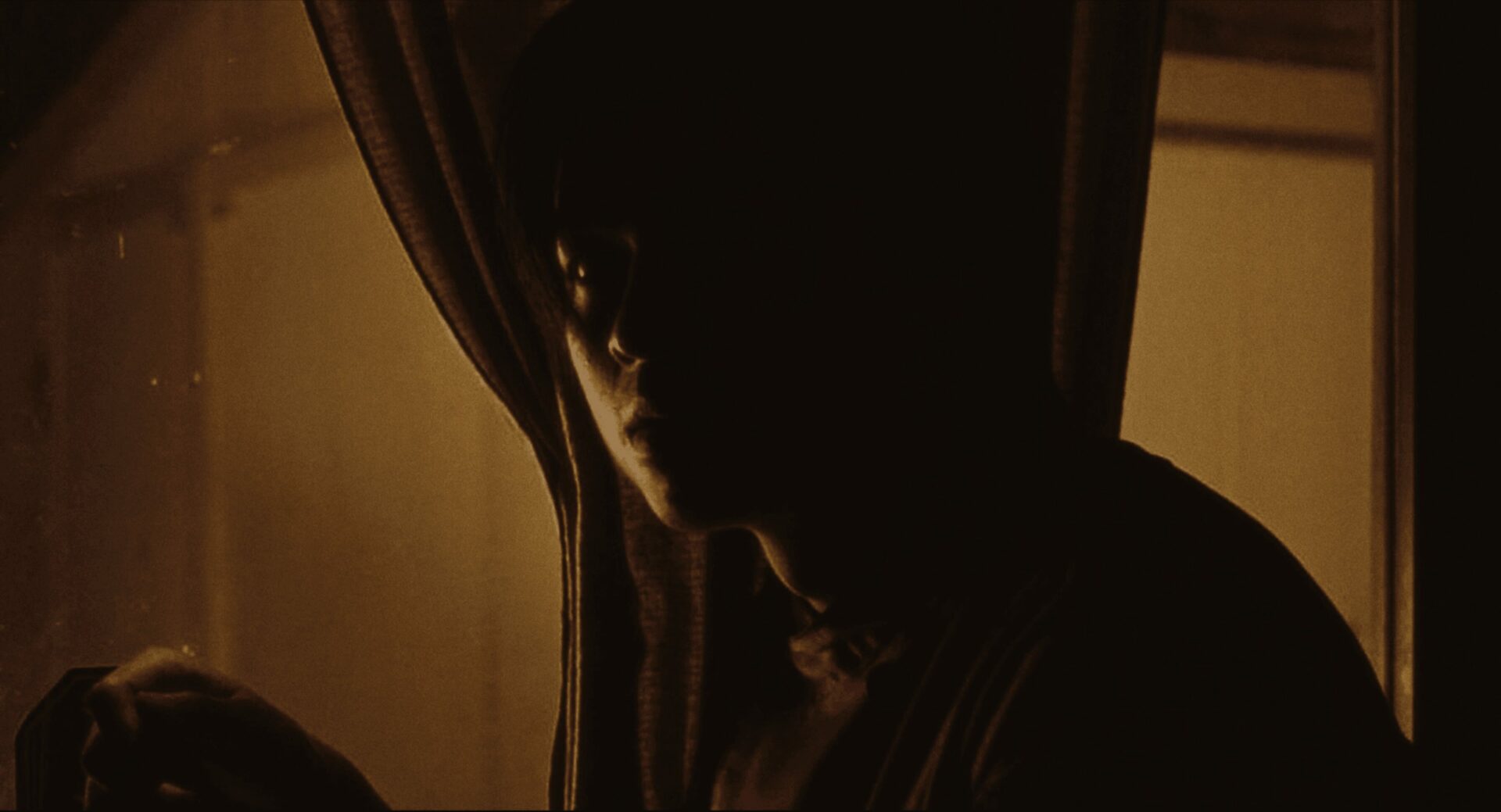
Image Credits
Bei “Mark” Chen
so if you or someone you know deserves recognition please let us know here.

